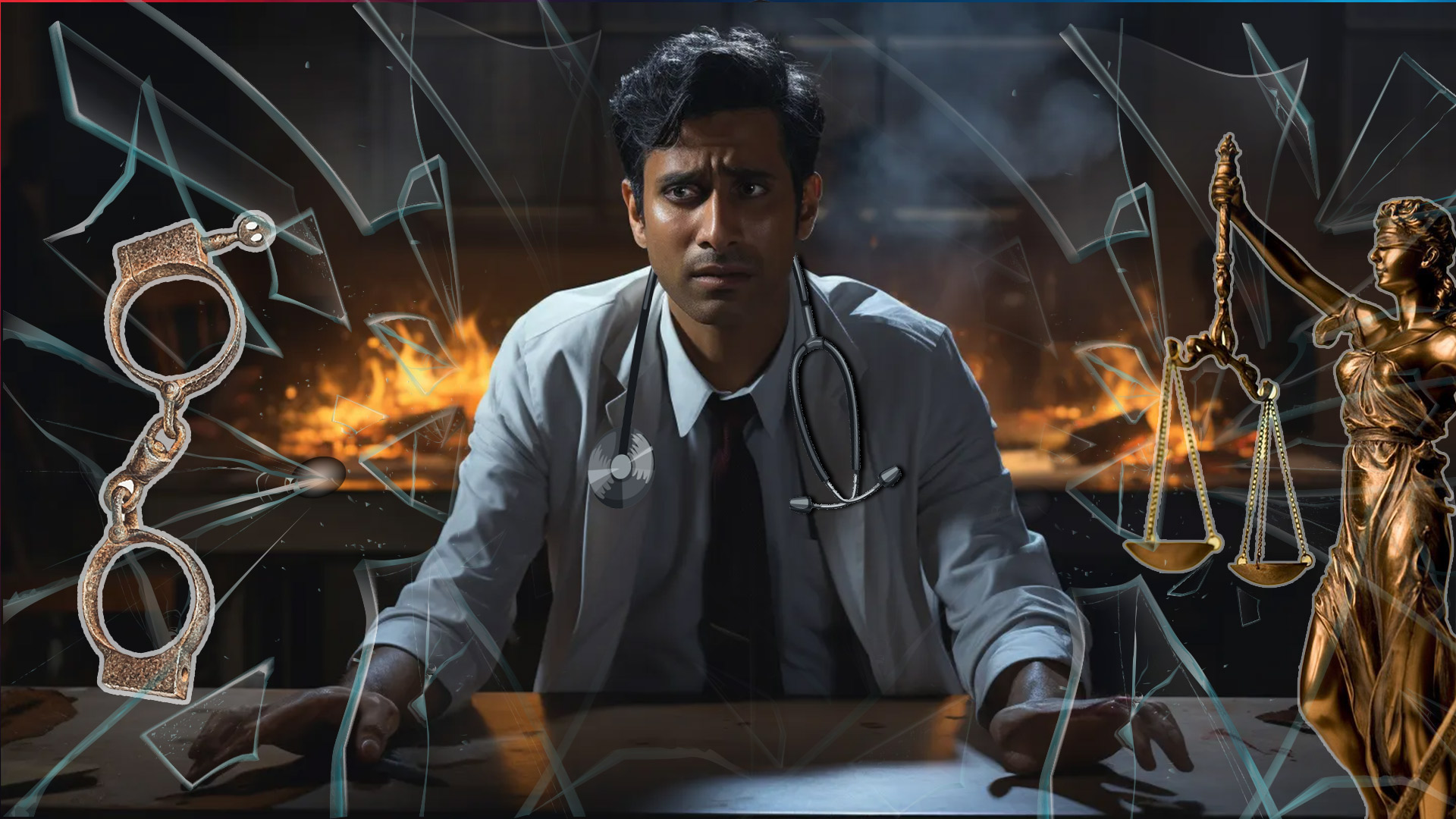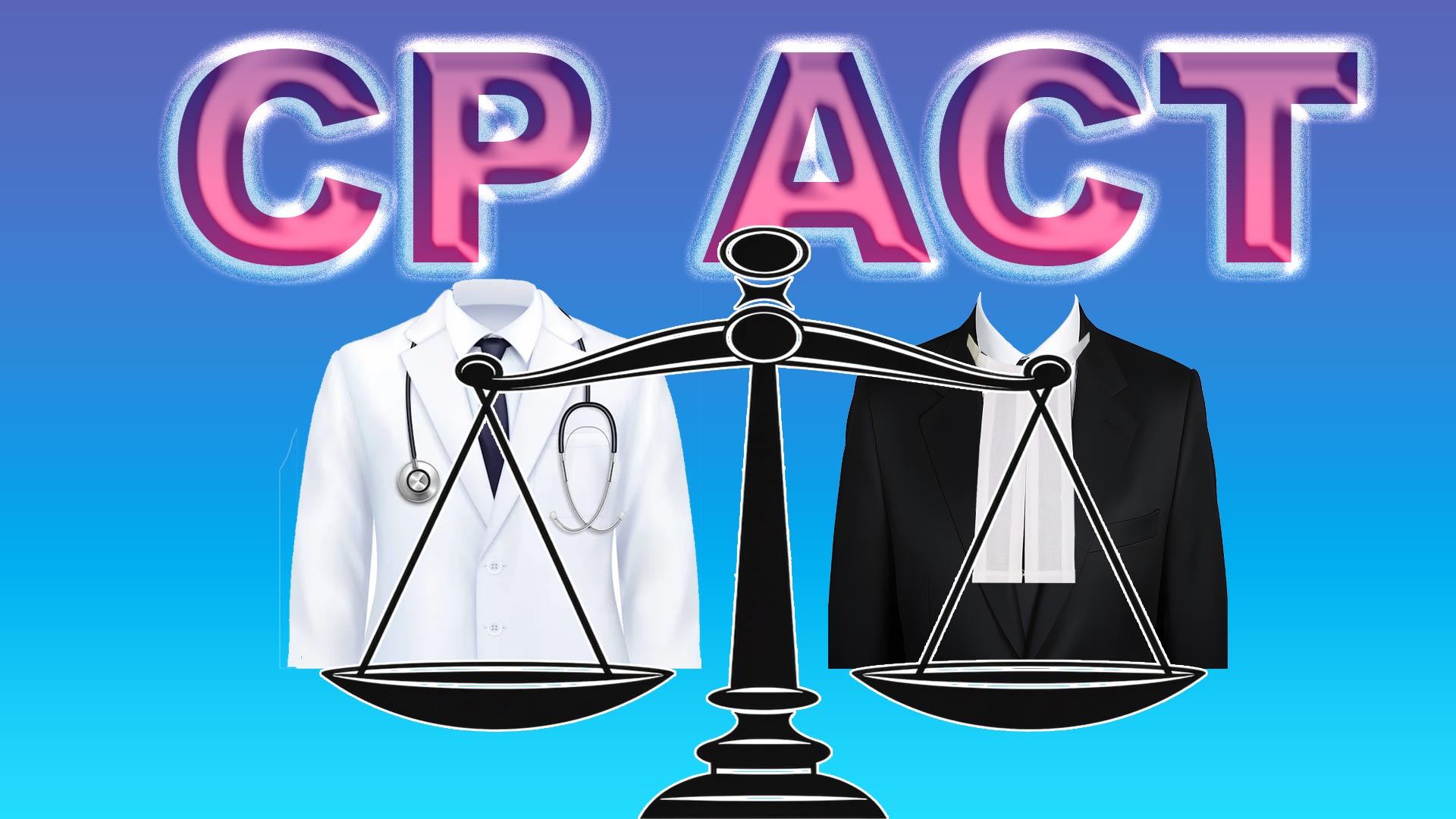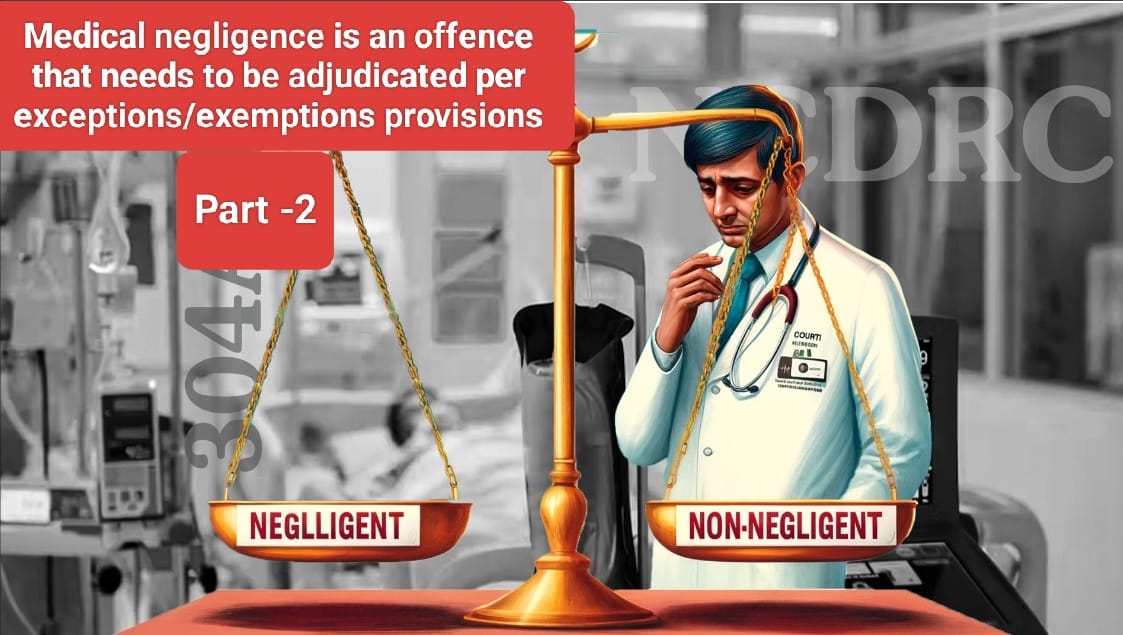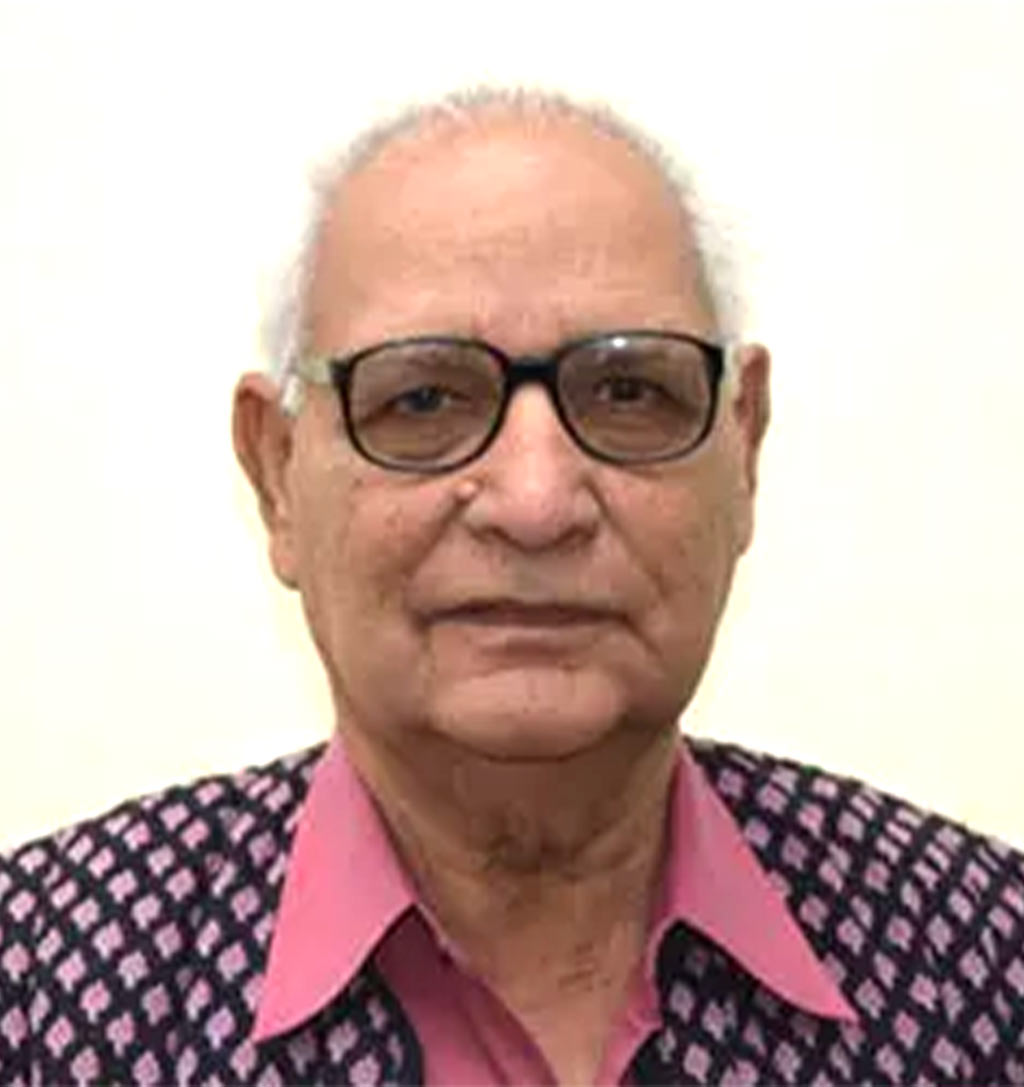
Civil Medical Negligence or Civil Liability for Criminal Medical Negligence: A Dilemma
There is no legal definition of negligence and certainly none for Medical Negligence. Supreme Court in the lead case, Jacob Mathew, adopted the definition from Ratan Lal Dheeraj Lal's Indian Penal Code. Applying the same criteria to judge Medical Negligence as ordinary negligence has created a great confusion about Criminal Medical Negligence and Civil Medical Negligence. There is no separate definition of the two. If a case is filed under Tort or CPA it is civil and if under IPC it is criminal. Besides it is subject to the decision of the Judicial Officer. I submit that there is nothing like Criminal or Civil medical negligence. The liability is Civil or Criminal. Liability arises only after the offence is proved.

Judicial activism and retributive justice
The recent National Consumer Disputes Redressal Commission’s judgment on fetal sonography is a blatant example of judicial activism and retributive justice. The inherent limitations of the Level 2 sonography to detect limb defects have to be considered before making it a mandatory test and saddling the sinologist with negligence if he fails to detect it.

Decriminalizing Medical Negligence Death or Criminalizing Medical Practice
The Minister professed before the Parliament to decriminalize medical negligence but what in reality he did was to specifically criminalize practice of medicine by registered medical practitioners The liability and punishment for negligence for a medical practitioner remains same in BNS 106(1) and IPC 304 A. The worse aspect is that under the amended 106(1) the medical professional’s acts are specifically added for criminal liability. It certainly does not decriminalize medical negligence.

Balancing Rights: The Complex Case of Fetal Sonography and Judicial Overreach
Explore the complexities of fetal sonography in our latest blog, where we examine the recent National Consumer Disputes Redressal Commission judgment. Dr. Shri Gopal Kabra delves into the medical, legal, and ethical implications of prenatal testing and the controversial decision that impacts both doctors and patients. Read now for a thorough analysis of this pivotal case

Munchausen Syndrome by Proxy: Factitious Disorder Imposed by Another
Munchausen syndrome by proxy, now known as Factitious Disorder Imposed by Another (FDIA), is a recognized mental health condition. Individuals with this disorder, often dominant and assertive, present themselves as saviors of a vulnerable, supposedly ill person. They impose their perception of the illness on the patient, typically a relative or close associate, and publicly claim that even top medical professionals cannot diagnose or treat the condition properly. These individuals often exaggerate the patients’ symptoms and acquire extensive medical knowledge to support their claims.

Statutory interpretation of Consumer Protection Act 2019: Professions, Legal and Medical, are not and cannot be included in the Act
Whenever there is ambiguity in any provision of a Statute, the Judiciary is required to interpret the language used. Using the method of ‘literal construction’ in the overall ‘context of scheme, scope and professed purpose’ of the Act, and applying various Rules of construction, the judiciary elucidates the likely intent of the Parliament. The principal aim of the judicial construction is the “Intent of the Parliament.” Statutes may be presumed to incorporate certain components, as Parliament is "presumed" to have intended their inclusion.

Medical negligence is an offence that needs to be adjudicated per exemptions provisions.
The Hon’ble Supreme Court in its recent judgment has extensively reviewed earlier Judgments on medical negligence to highlight how the emerging jurisprudence, taking cognizance of exemption clauses in Indian Penal Code (now Bhartiya Nyaya Sanhita 2023) has virtually decriminalized medical negligence.

Medical negligence is an offence that needs to be adjudicated per exceptions/exemptions provisions
Causing bodily harm/injury is an offence. However, in medical/surgical treatment of a disease, injury being its inevitable consequence, though technically an offence of ‘harm’, ‘injury’, ‘grievous injury’ or ‘homicide’, is not considered an offence by itself. In what exceptional circumstances a medical act becomes an actionable offence, is the bone of contest.

Tort Reform needed to prevent misuse of provisions of CPA Act for medical negligence
In spite of the two landmark judgments by our Supreme Court and the State of Connecticut Law, the filing of frivolous cases continues in India. The Consumer Protection Act (CPA) has enabled easy, no-cost access to consumer courts that has led to the filing of frivolous medical negligence cases for lucrative compensation. The practitioners of modern medicine appear to be soft targets. Tort Reform is needed to prevent misuse of provisions of CPA Act for medical negligence.
